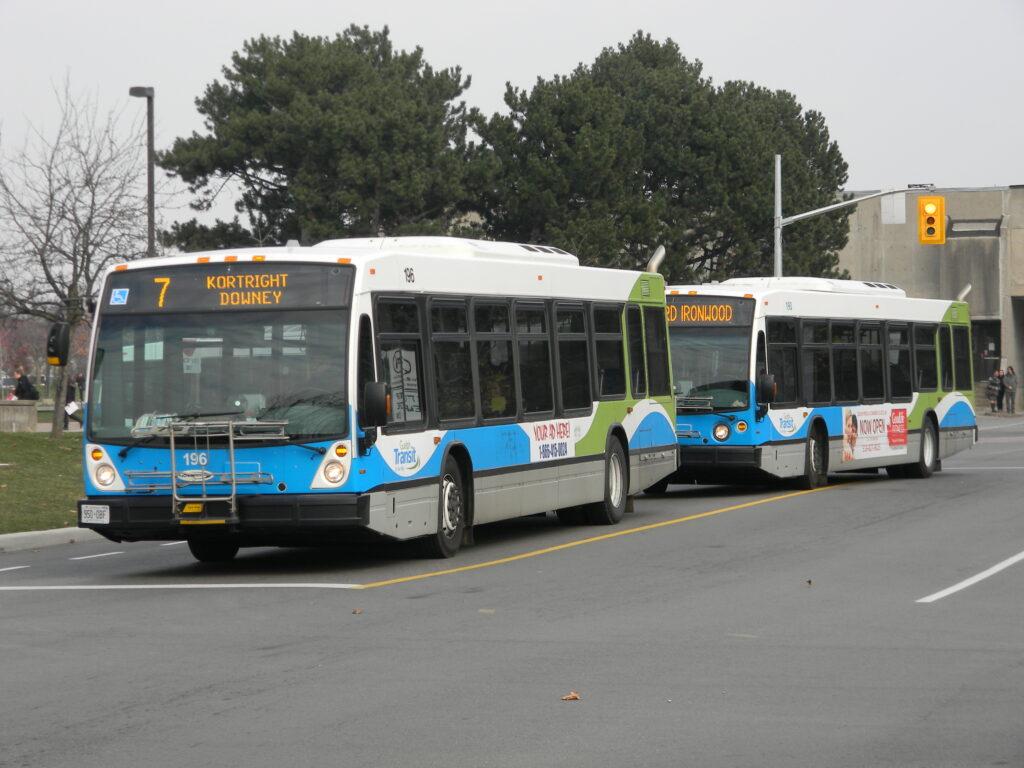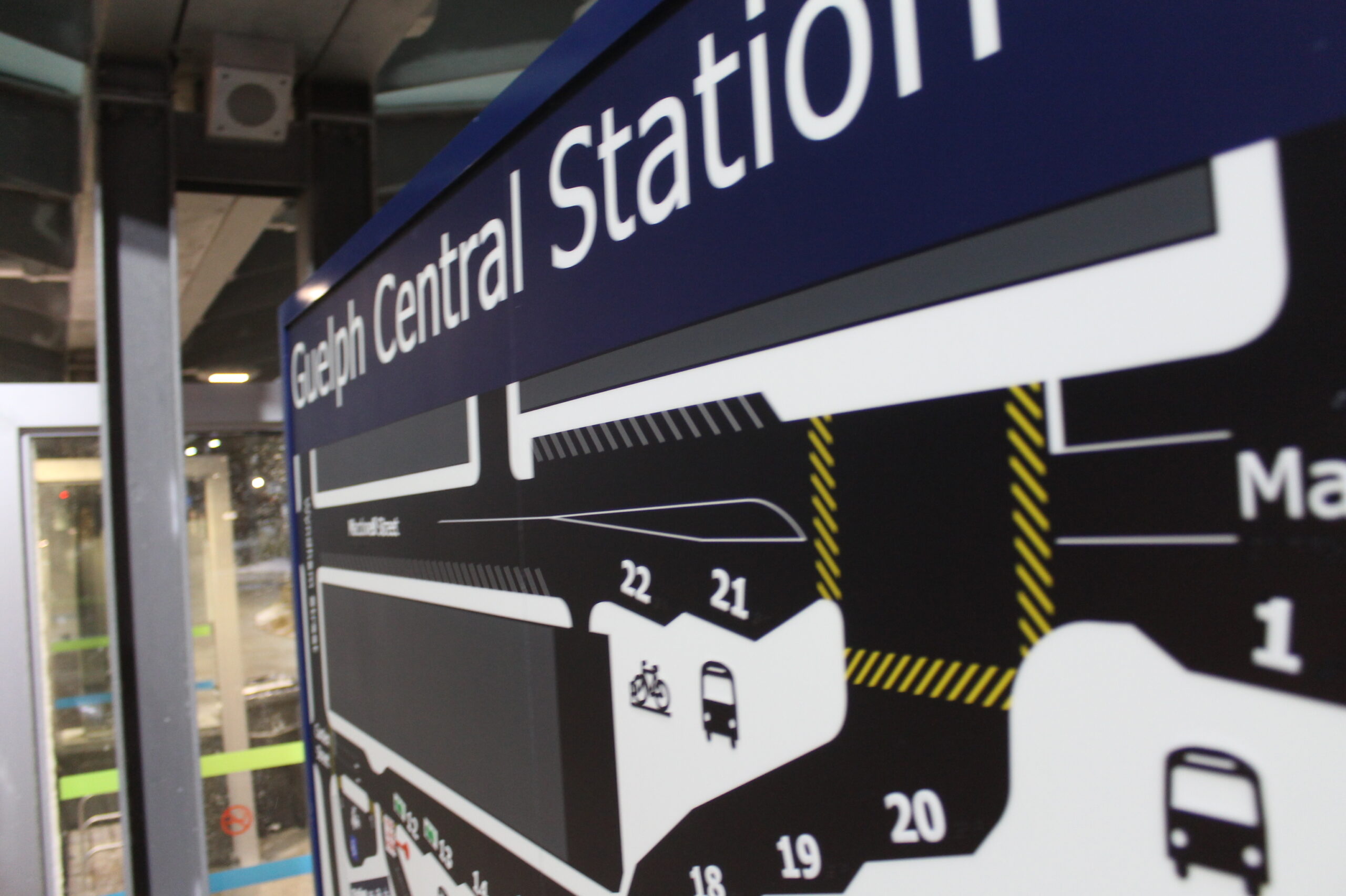Guelph Transit workers refused to let public service—or their livelihood—be sacrificed. After years of stagnant wages, understaffing and deteriorating conditions, Guelph Transit's 260 unionized workers fought back, demanding better wages, more staff and a commitment to good service for their riders. They finally got what they wanted at the end of November by ratifying their convention.
On September 20, failed talks between the Amalgamated Transit Union Local 1189 (ATU-1189) and Guelph city council left the workers “frustrated by a lack of progress in negotiations”, according to ATU International. As a result, 80% of members voted 99.5% in favour of a strike mandate in case no further progress was made.
When negotiations came to a complete standstill in October, ATU-1189 sent the Ministry of Labour notice of their intention to strike.
Guelph Transit workers demanded a contract that rewards the sacrifices they made during the COVID-19 lockdowns with significant wage increases. In solidarity with the Guelph residents facing a tough situation, workers had not demanded any changes to their 2017–2020 contract with the city.
While many other front-line workers across the province received pay increases, workers at Guelph Transit did not. The solidarity that workers showed the city in difficult times was not returned at a time of worsening conditions and inflation.
The union also demanded that the city hire more bus drivers to fill the many empty driver seats. The city's 2020 “Future Ready” report reveals that nine full-time operators and eight part-time operators were laid off, while 14 positions remain unfilled.
The layoffs happened despite the provincial and federal governments providing $30 million for Guelph's infrastructure in January 2020, followed by a further $2.7 million in June 2020.

When the lockdowns ended and bus riders returned, the ATU-1189 noted that few vacant bus driver jobs had been filled. Even when new bus drivers were hired, most would then leave for better-paying transit jobs in other cities. Other drivers left their transit careers behind for better-paying careers.
In 2020, Mayor Cam Guthrie said that, “as Guelph continues to grow, it’s critical that we invest in accessible, sustainable infrastructure projects that support our community.” However, the city's long-term budget made no mention of any plans to invest in the workers that build and run these infrastructures.
Like many other unions, such as the Canadian Union of Postal Workers who are currently on strike, members of ATU-1189 did not wait for their bosses to figure out how to improve transit service. Rather than let service worsen, Guelph Transit workers have proposed solutions for the future: hire more drivers to answer the growing demand of the growing city, improve work-life balance to retain its workers and eliminate driver shortages.
The strike was narrowly avoided two days before its planned start date of November 7 when Guelph city council conceded to union and public pressure. So far, no specific details of the new contract have been released by the union or the city.
International leaders of the ATU congratulated their Canadian members on getting a “strong contract.” Union president John Costa said, “Our members’ unwavering unity is the reason we have a tentative agreement they should be proud to vote on.”
ATU-1189 leader Scott Bate said the agreement “strikes the right balance between meeting their needs and maintaining the high standard of service that the residents of Guelph deserve.”


